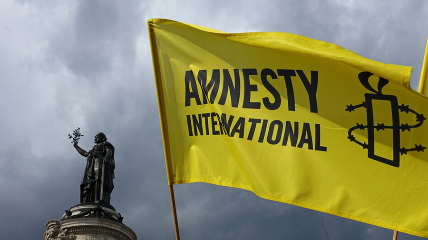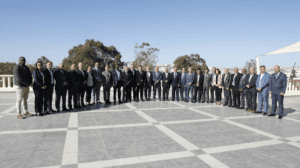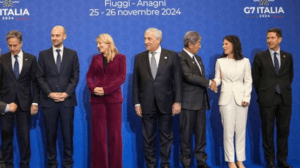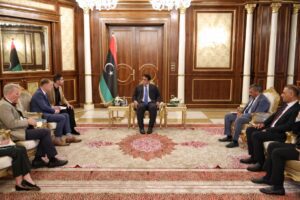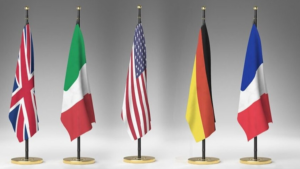Over four years after Al-Kaniyat armed group was ousted from the Libyan city of Tarhouna leaving mass graves in its wake, justice and adequate reparations remain elusive for survivors and relatives of victims of its merciless reign of terror involving mass unlawful killings, torture and enforced disappearances, Amnesty International said in a new report published on Tuesday.
A report named ““Every day we die a thousand times”: Impunity for crimes against humanity in Tarhouna, Libya found that there were reasonable grounds to believe that Al-Kaniyat committed the crimes against humanity of murder, torture, enforced disappearance and unlawful imprisonment, as part of their planned, systematic and large-scale attack against the civilian population of Tarhouna between 2015 and 2020, in the aim of maintaining their control over the area.
In an important step towards justice, in October 2024, the International Criminal Court (ICC) announced arrest warrants against six people for their alleged responsibility in war crimes in Tarhouna, but they remain at large and/or yet to be surrendered to the court.
Four years after the ousting of al-Kaniat from Tarhouna, people are still reeling from the armed group’s campaign of terror. Survivors know such crimes could not have been committed without the complicity of successive governments, de facto authorities, powerful militias and armed groups in Libya,” said Diana Eltahawy, Amnesty International’s Deputy Regional Director for the Middle East and North Africa.
“The Libyan government and Libyan Arab Armed Forces (LAAF) must publicly apologize to survivors and victims’ relatives and ensure that all receive full reparations, including financial compensation, without discrimination, and cooperate in the arrest and handover of suspects to the ICC. Members of the international community should press the Libyan authorities to stop integrating members of armed groups or militias into state institutions without individualized vetting to exclude those reasonably suspected of crimes under international law, pending criminal investigations, and ensure that horrific crimes like those committed in Tarhouna will not be repeated.” She added.

